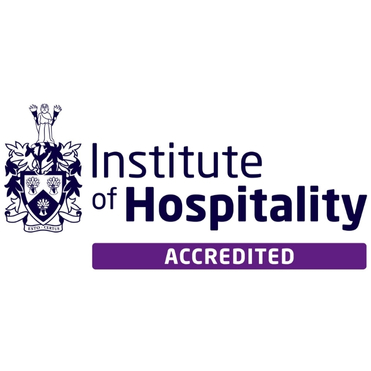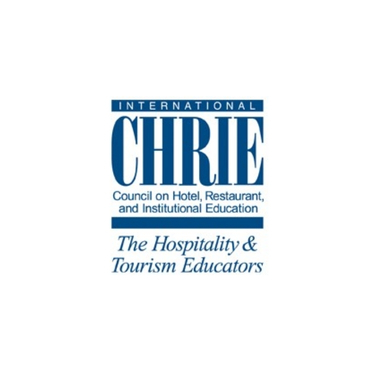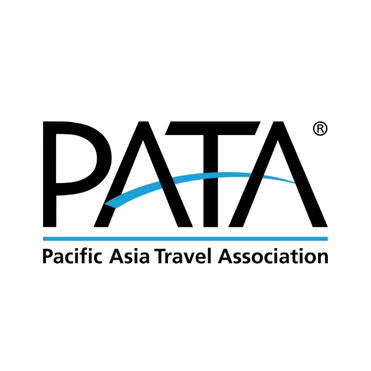- Study load
- Full time
- Program code
BP312
- Duration
- 3 years
- Application deadlines
-
14 Feb 2025
13 Jun 2025
10 Oct 2025
- Intakes
- Feb or Mar, Jun or Jul, Oct
- Location
- RMIT Saigon South
- Program code
- N/A
- Application deadlines
- N/A
BP312
14 Feb 2025
13 Jun 2025
10 Oct 2025
This program is the perfect destination for those who have the desire to excel, a passion for meeting new people, willingness to explore new places, a wish to set quality service standards and who are aspiring leaders of the tourism and hospitality industry. The program is designed to equip students with the skills and knowledge necessary to pursue senior managerial roles in national and international organisations within the dynamic and growing tourism and hospitality industries.
Tailored to provide a comprehensive understanding of the history and evolution of the international tourism and hospitality industries, RMIT focuses on the Vietnamese context through localised content and practical experience. With a heavy connection to industry-leading companies, students gain practical skills through industry-led projects, company-site visits and high-level guest lecturers. Through this Work Integrated Learning model, graduates enter the workforce with the knowledge to excel as managers and leaders.
With an international outlook, international accreditation, diversified business minors and adherence to international standards, this program provides a unique learning experience that balances academic rigour with practical application.
76th-100th Hospitality and Tourism Management Program

The structure displayed shows the advised program structure and progression.
* University elective: Choose from elective courses offered across the university in any other program.
** Business option / minor course: Choose a minimum of four business options to form a minor of your choice (each minor consists of four courses within one discipline).
You can also choose a minimum of four business options in mixed disciplines, which will lead to a default Bachelor of Tourism and Hospitality Management degree with no minor.
Program guides for RMIT Saigon South.
Students undertaking the Bachelor of Tourism and Hospitality Management will develop knowledge and critical analysis skills relevant to contemporary tourism and hospitality management. Areas of study include but are not limited to leadership, cross-cultural studies, analytical and technical competencies, problem- solving, and communication. The application of these competencies will be demonstrated through interactive and experiential learning activities, case studies and assessments.
RMIT provides world-class blended learning with both face-to-face and online experiences in a global network, a supportive community, and real-world skills.
You will be prepared to pursue exciting careers in areas including:
In Vietnam, this is the only certified and accredited tourism and hospitality program by the Institute of Hospitality (United Kingdom). We are the only hospitality program in Vietnam to hold Premier Membership with the International Council of Hotels, Restaurants and Institutional Education (I-CHRIE) and also a member of the Pacific Asia Travel Association (PATA).



When you successfully complete this program, you may be eligible for entry into an RMIT honours or postgraduate program in Vietnam and Australia.
Payments can be made each semester, on a course-by-course basis.
Fee program |
Annual tuition fee(based on full time study load - 8 courses) |
Whole program fee(24 courses - 288 credits)
|
| 14,187 USD (indicative USD fee) ~ 351,264,000 VND | 42,560 USD (indicative USD fee) ~ 1,053,792,000 VND |
Notes:
Successfully complete RMIT Vietnam English Advanced, or complete one of the following English proficiency tests:
For other recognised English results, please view English equivalency requirements.
There are no prerequisite subjects required for entry into this qualification.
Previous study and proficiency tests are recognised for two years from the completion date or test date to the program commencement date unless stated otherwise. RMIT does not accept scores from at-home or online testing.
Where you have achieved more than one form of English language proficiency only the most relevant achievement will be considered in the admission decision.
Please contact the RMIT Vietnam Student Recruitment team for more information.
Don't meet the English language test scores? Successfully complete English for University for entry into this program.
Come from a partner institution? RMIT has pathway arrangements with many partner institutions around the world. If your institution has a pathway arrangement with RMIT, you may be able to receive credit and reduce the time it will take to complete your preferred RMIT program.
Find out if your institution has a pathway arrangement with RMIT.
If you have qualifications from an institution that is not an RMIT partner, credit into your RMIT program will be assessed on a case-by-case basis.
Please contact the RMIT Vietnam Student Recruitment team for more information.